As the world grapples with Covid-19, misinformation spreads faster than the virus itself. Social media platforms and messaging apps like WhatsApp are filled with rumors that escalate fear and confusion. From the movie Contagion to the Simpsons episode predicting a 2020 virus outbreak, conspiracy theories entertain yet mislead the public. Therefore, it’s essential to separate fact from fiction. Here are the Coronavirus facts that everyone should know.
Rumor #1: Hot Weather Stops Coronavirus
Fact: Many people believe that high temperatures can halt the spread of Coronavirus. However, there is no scientific evidence supporting this claim. Since the virus is relatively new, researchers are still studying its transmissibility, severity, and survival in various climates. Organizations like the CDC and WHO continue working diligently to understand and control the outbreak.

Rumor #2: Wearing a Mask Always Protects You (Coronavirus facts)
Fact: Masks are only recommended for people showing Coronavirus symptoms, such as coughing, or those who have close contact with an infected person. Healthy individuals do not need to wear masks unnecessarily. Moreover, face masks are in short supply, so it’s best to reserve them for frontline workers. Keep in mind that masks alone cannot prevent Coronavirus infection.
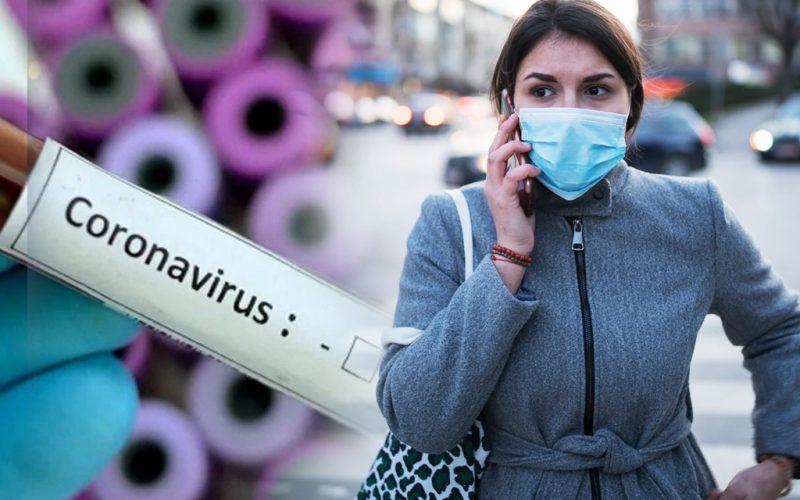
Rumor #3: Garlic Can Cure Coronavirus (Coronavirus facts)
Fact: While garlic has antimicrobial properties, the World Health Organization (WHO) confirms that it cannot prevent or cure Coronavirus. Eating garlic may promote general health, but it is not a protective measure against Covid-19.
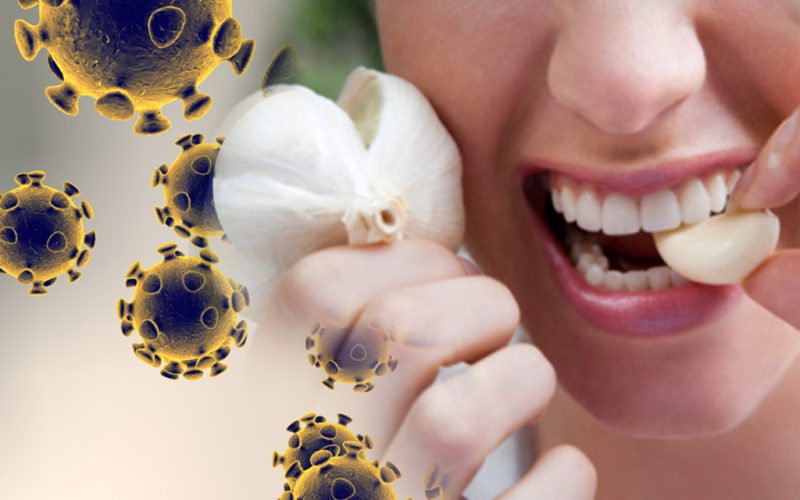
Rumor #4: Low Water Intake Increases Coronavirus Risk
Fact: Drinking 8-10 glasses of water daily is healthy, but the virus can enter the body through the nose, not just the mouth. Therefore, drinking more water alone does not prevent infection. Hydration is essential for overall well-being but should be combined with proper hygiene.

Rumor #5: A Runny Nose Means You Have Coronavirus (Coronavirus facts)
Fact: Experiencing a runny nose does not automatically indicate Coronavirus infection. It could be a symptom of a common cold, flu, or other respiratory illnesses. However, if you suspect an infection, consulting a doctor is the safest approach.
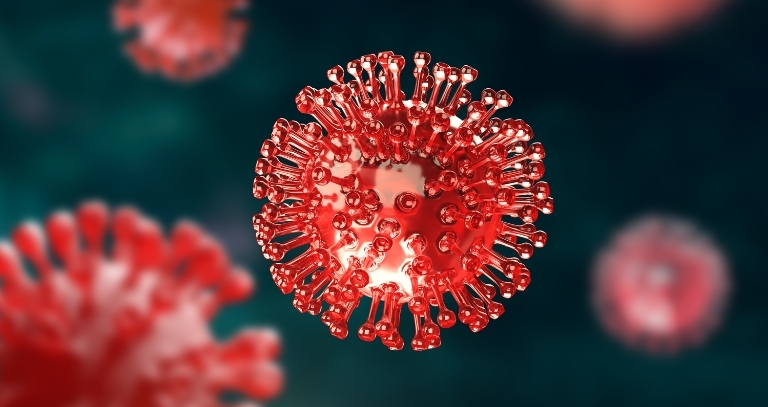
Rumor #6: Packages from China Can Spread Coronavirus
Fact: The virus cannot survive long on surfaces, and imported products from China do not pose a realistic risk of transmission. Temperature, humidity, and handling reduce the virus’s viability. You can safely use packages received from China without fear of contracting Covid-19.

Rumor #7: Pets Can Spread Coronavirus
Fact: There is no evidence that domestic animals like cats or dogs can transmit Coronavirus to humans. Although the virus originated from animals in China, pets do not carry or spread Covid-19. Maintaining good hygiene for your pets is sufficient.
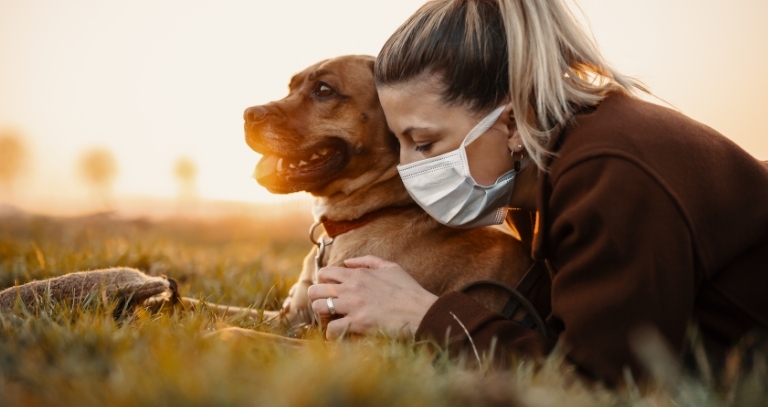
Rumor #8: You Cannot Get Coronavirus Twice (Coronavirus facts)
Fact: Re-infection is rare but possible, especially if testing errors occur or immunity is weak. People with compromised immune systems should continue following WHO precautions to stay safe.

Rumor #9: Hand Sanitizers Are More Effective than Soap
Fact: Washing hands with soap and water remains the most effective method to remove germs. Alcohol-based hand sanitizers can help when soap isn’t available, but they do not eliminate all types of pathogens. Always prioritize thorough handwashing over sanitizers whenever possible.
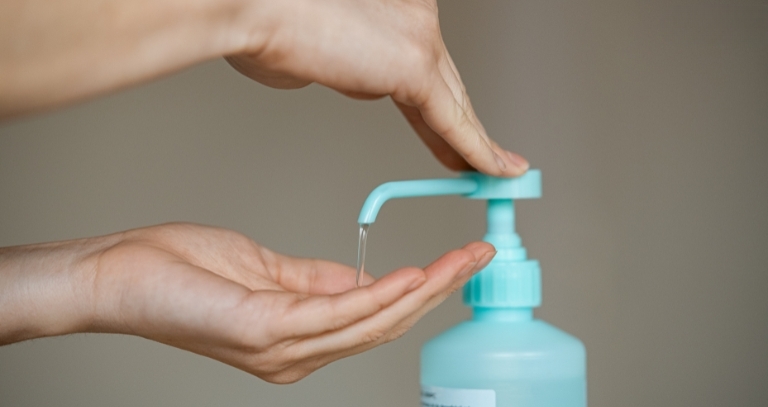
Rumor #10: Coronavirus Infection Means Certain Death
Fact: Although Covid-19 carries risks, most cases (around 80%) are mild, and infected individuals recover fully with proper care and quarantine. The elderly, children, and those with weaker immune systems are more vulnerable, but death is not inevitable.

Final Thoughts on Coronavirus Facts
In conclusion, separating facts from myths is critical during the Coronavirus outbreak. While the virus has caused global concern, understanding verified information helps reduce panic and encourages responsible behavior. By following hygiene guidelines, monitoring symptoms, and trusting official health sources, everyone can protect themselves and their communities.
Read More about Corona








